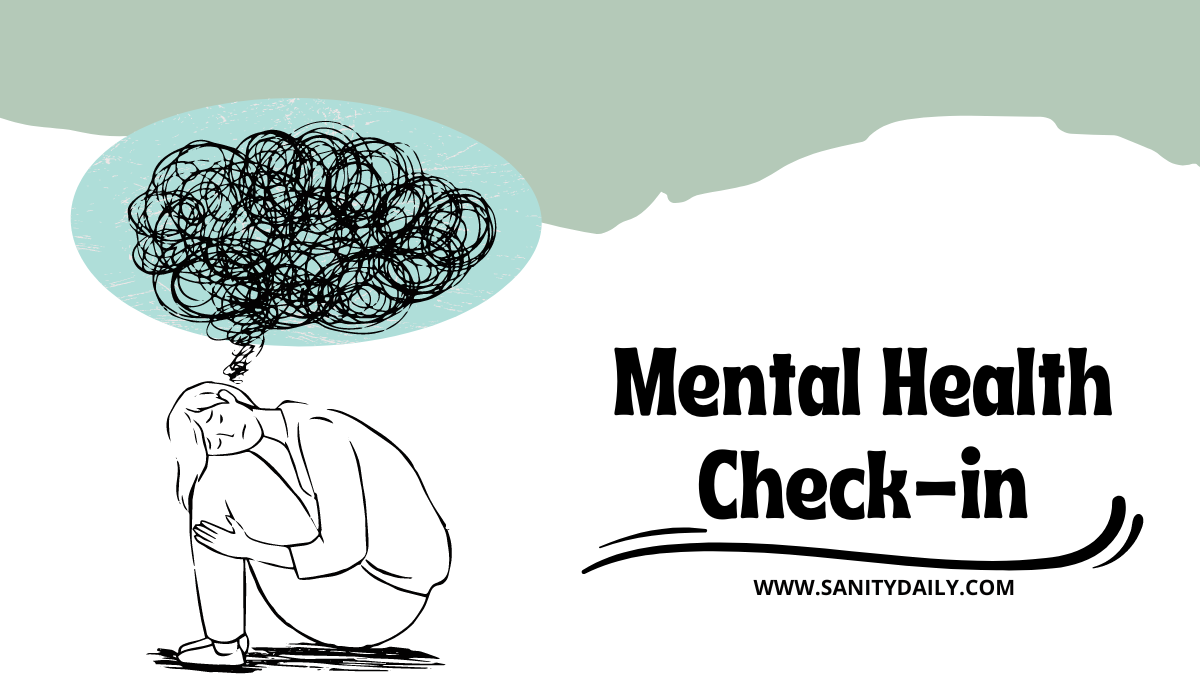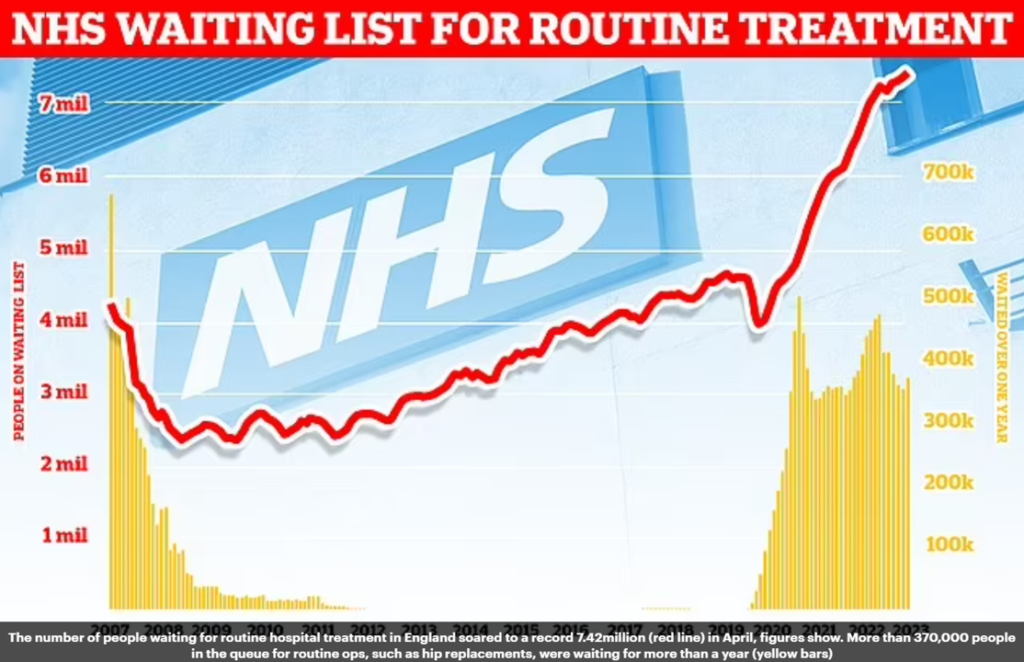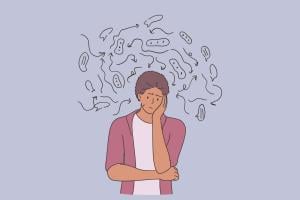
1. What is a mental health check?
A mental health check is a self-assessment or conversation where people evaluate their emotional well-being and reflect on their mental health. It may involve asking yourself questions about your thoughts, feelings, and general mental state to better understand your mental well-being.
2. Why is it important to regularly monitor my mental health?
Regular mental health check-ups are crucial to maintaining overall well-being. They provide the opportunity to identify potential problems early, promote self-awareness and enable proactive steps to be taken to improve mental health. Regular monitoring can help prevent mental health problems from escalating.
3. How can I get a mental health checkup?
Start by taking a few moments to reflect on your emotions, thoughts, and behaviors. Ask yourself questions about your stress levels, sleep patterns, and overall mood. Honest self-reflection can help you gain insight into your mental well-being.
4. Are there specific signs that indicate you may need professional help?
Yes, certain signs may suggest the need for professional assistance. These can include persistent feelings of sadness, anxiety, changes in sleep patterns, difficulty concentrating, and a significant impact on daily functioning. If you notice these signs, it is advisable to seek support from a mental health professional.
5. How often should I monitor my mental health?
The frequency of mental health check-ups can vary from person to person. It is beneficial to incorporate them into your routine regularly, whether daily, weekly or monthly. Consistency is key to maintaining a proactive approach to mental health.
6. What are some self-care practices I can incorporate into my mental health routine?
Self-care practices can include activities that bring you joy and relaxation, such as exercise, mindfulness, hobbies, and spending time with loved ones. Prioritize activities that contribute positively to your mental well-being.
7. Can I use mental health checks for someone else, like a friend or family member?
While you can encourage and support others to prioritize their mental health, it is essential to respect their boundaries. Encourage open communication and let them know you are available to listen, but avoid pressuring them to share if they don’t feel comfortable.
8. How can I access professional help for my mental health?
If you feel the need for professional support, consider reaching out to mental health professionals, such as therapists, counselors, or psychologists. Your primary care doctor or local mental health services can provide guidance and referrals.
9. Are there online resources available for mental health check-ins?
Yes, several online platforms offer mental health assessments, resources, and tools for self-reflection. However, it is essential to rely on reliable sources and, if necessary, consult with a mental health professional for personalized guidance.
10. What should I do if I am unsure of the results of my mental health check?
If you have concerns about the results of your mental health screening or are unsure about next steps, consider discussing them with a mental health professional. They can provide valuable information, support and guidance tailored to your specific needs.
Book your first individual mental health check-up session here







